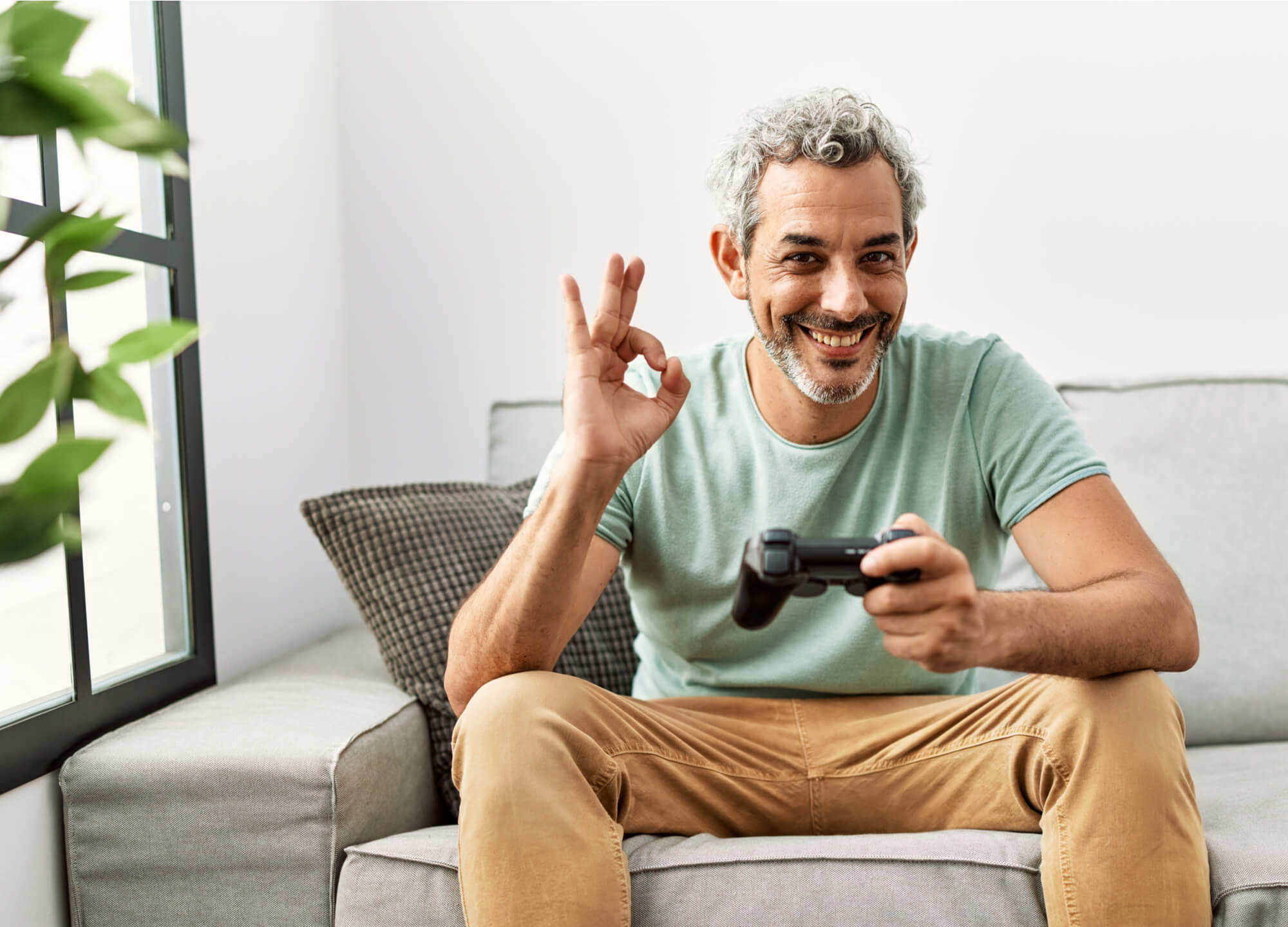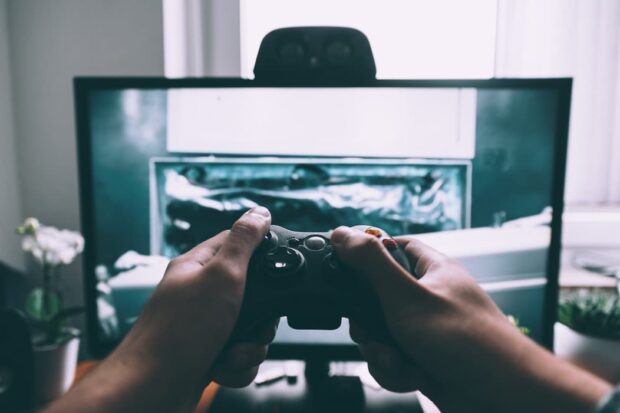Reentering society after a period of incarceration can be a daunting journey, marked by the need for stability and the cultivation of positive habits. For many, the transition from prison life to the outside world is overwhelmingly steep, with obstacles that can feel insurmountable.
However, what if the very medium often associated with escapism and leisure could serve as a powerful tool for personal growth? Enter gaming—a dynamic avenue that not only entertains but also fosters routine and discipline. By leveraging the engaging nature of video games and their inherent structures, individuals can create meaningful routines, develop essential skills, and build supportive communities.
This article explores innovative ways to harness the potential of gaming, transforming it from mere entertainment into a vehicle for rehabilitation and positive change. Through structured gameplay experiences, players can find purpose and direction, paving the way for a successful reintegration into society, one level at a time.
The Psychological Impact of Gaming

The psychological impact of gaming extends far beyond mere entertainment; it can serve as a powerful tool for those seeking to rebuild their lives after incarceration. Engaging in video games offers a unique avenue for emotional expression and cognitive engagement, creating a sense of accomplishment that may have been lacking during transitions back into society.
The immersive worlds and challenges presented in games can foster a sense of agency and control, allowing players to hone problem-solving skills and resilience. In addition, social interactions within multiplayer settings can mitigate feelings of isolation, encouraging players to connect with others and rebuild their social networks in a low-pressure environment.
Yet, it’s important to strike a balance; while gaming can offer therapeutic benefits and structured routines, awareness of time spent in front of a screen is vital to ensure it serves as a stepping stone toward long-term positive habits rather than a retreat from reality. Ultimately, the right gaming experiences can illuminate paths to growth and renewed purpose.
Choosing the Right Games
Choosing the right games is essential for building positive routines and habits after prison, as it’s not just about the play; it’s about purpose.
Look for games that challenge you mentally, whether they’re strategy-based or involve critical decision-making, allowing you to engage your brain in meaningful ways. Simple puzzles can provide a satisfying escape, while narrative-driven adventures might reconnect you with emotions and stories you’ve longed to explore.
Consider games that encourage social interaction, fostering connections with others, as relationships play a crucial role in your reintegration journey. Balance is key; mixing genres can keep your routine fresh and exciting, inviting both relaxation and stimulation.
Ultimately, the right game should feel less like an idle distraction and more like a stepping stone towards personal growth and development.
Setting Goals Through Gaming

Setting goals through gaming can be a transformative strategy for individuals seeking to rebuild their lives after prison. Video games, with their immersive environments and structured challenges, provide a unique avenue for establishing and pursuing personal objectives.
Imagine setting a goal to complete a specific level or master a difficult skill—each small victory translates into a real-world achievement. Players often find this process exhilarating, as they unlock new achievements, develop better problem-solving skills, and cultivate resilience in the face of setbacks.
Moreover, the dynamic nature of gaming encourages experimentation; as one navigates through quests and challenges, it mirrors the journey of setting milestones in life—each encounter, whether a victory or defeat, offers valuable lessons. This playful framework fosters a mindset conducive to growth and discipline, empowering individuals to take charge of their objectives while infusing a sense of enjoyment into the often daunting task of self-improvement.
Whether aiming to improve social interactions or develop a new skill set, gaming can be a powerful ally in creating positive, lasting habits.

Conclusion
In conclusion, utilizing gaming as a tool for building positive routines and habits after prison can be an effective strategy for many individuals navigating their reintegration into society. For a black man, or anyone in similar circumstances, games can provide not only a source of enjoyment but also a structured environment that promotes critical thinking, teamwork, and problem-solving. By setting specific gaming-related goals, players can cultivate discipline and time management skills that translate into everyday life.
Moreover, the gaming community can serve as a supportive network, fostering connections and encouraging accountability. Ultimately, harnessing the potential of gaming can empower individuals to create healthier routines and establish a brighter future after incarceration.






